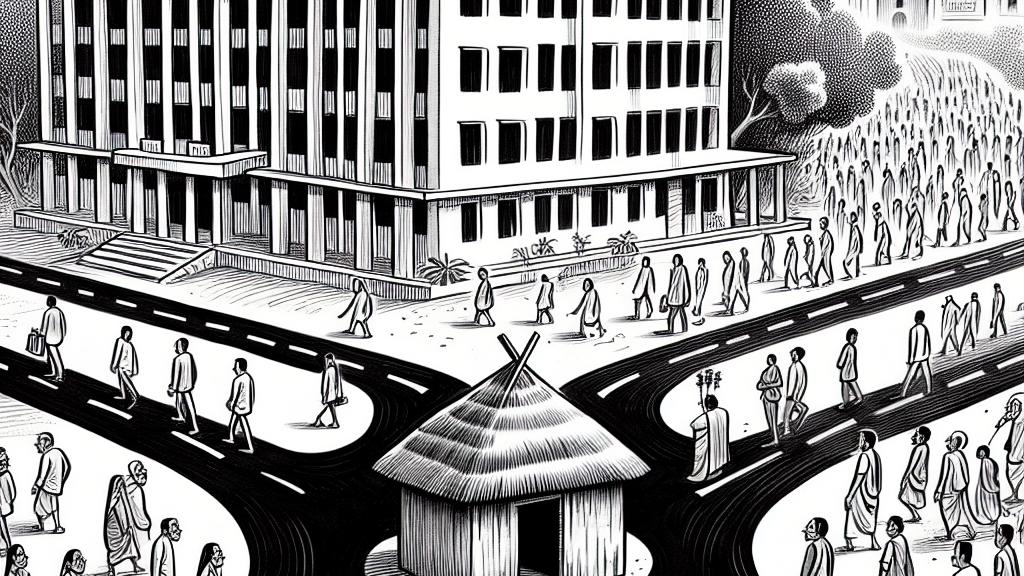India's Bureaucracy at Crossroads: Government Officials Can Now Join Hindu Group!
Overview
- Indian government lifts a decades-old ban on officials joining RSS, a prominent Hindu nationalist organization.
- This move ignites intense debate over the integrity and neutrality of India's bureaucratic institutions.
- Rising concerns about the implications for secularism and the influence of Hindu nationalism in national politics.

Lifting the Ban: A Turning Point for India
In a significant political maneuver, the Indian Ministry of Home Affairs has removed the longstanding ban that restricted government officials from joining the Rashtriya Swayamsevak Sangh (RSS), effective July 30, 2024. The RSS, established in 1925, serves as a key ideological parent organization to Prime Minister Narendra Modi's Bharatiya Janata Party (BJP). The original ban, which lasted for about forty years, was intended to uphold the principle of a neutral civil service, crucial for maintaining public trust in government institutions. With this new policy, a pivotal question arises: Can government employees, now affiliated with a politically potent organization, still fulfill their roles effectively and impartially in the service of all citizens?
Concerns Over Bureaucratic Neutrality
The lifting of the ban now raises significant concerns about the neutrality of India's bureaucratic framework. The RSS is often viewed as a proponent of Hindu nationalism, and the ability of government officials to join such an organization could lead to a perception of bias in governance, particularly towards minority communities in a country with a secular constitution. Local officials wield considerable influence over public services, law enforcement, and policy implementation; thus, affiliations with the RSS may hinder their commitment to equity and justice. Past instances of communal unrest brought on by actions associated with the RSS, notably during the Babri Masjid incident, highlight the risks of intertwining religious affiliations with state responsibilities, which could undermine the delicate fabric of India's diverse society.
Historical Implications and Future Perspectives
The decision to allow bureaucrats to engage with the RSS must be contextualized within India's tumultuous history with religious identity politics. The organization has played a considerable role in shaping Hindu nationalism, which has often clashed with the secular aspirations of the Indian state. Significant events, such as the riots following the Babri Masjid demolition, remind us of the devastating consequences of such political affiliations. With the RSS gaining popularity both domestically and among the Indian diaspora worldwide, the repercussions of this policy adjustment may extend beyond national borders, fostering a climate that could inspire similar movements elsewhere. It is essential for India to uphold its constitutional commitment to secularism, ensuring that bureaucracy serves as a protector of all religions and communities, thus safeguarding democratic integrity in an increasingly polarized environment.

Loading...